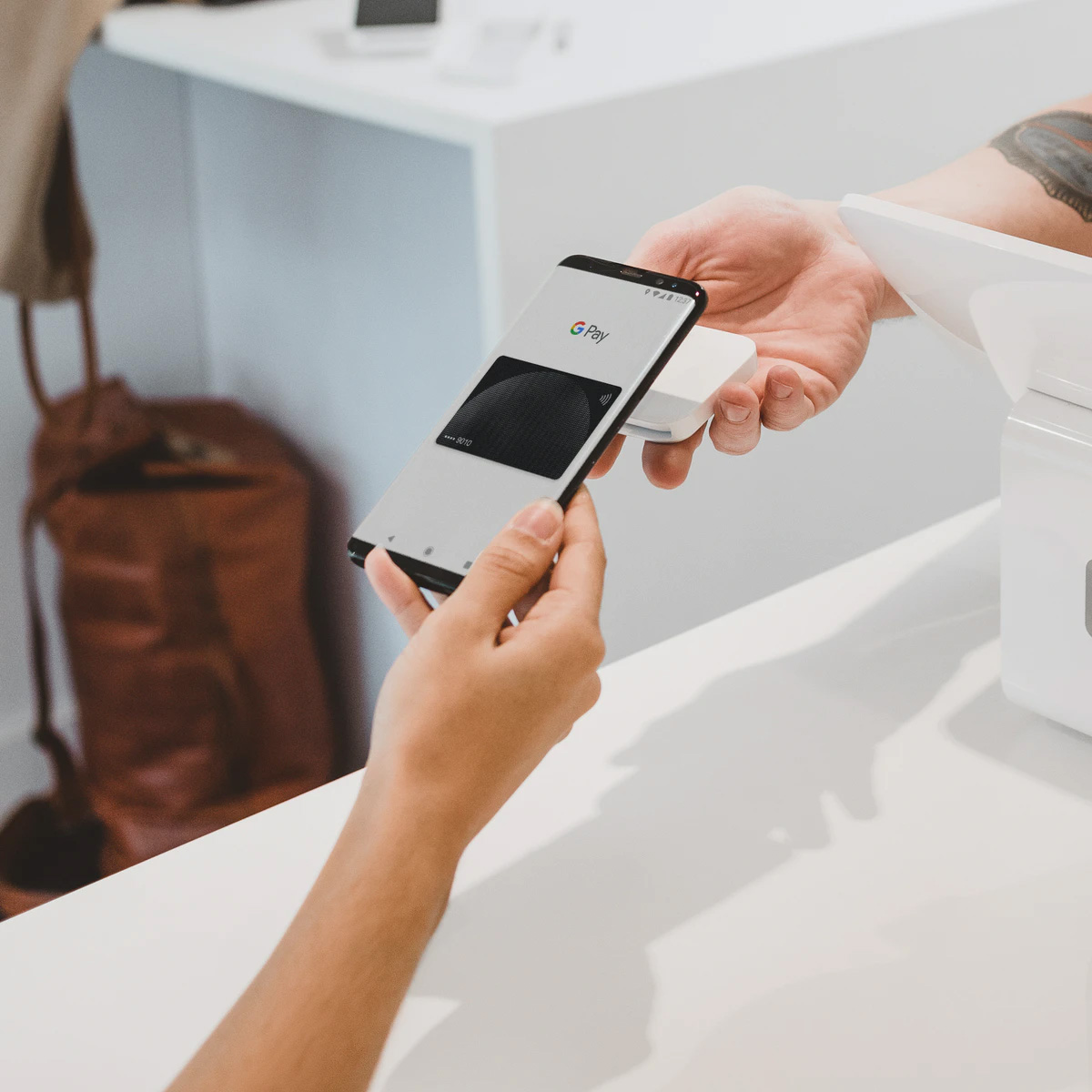Third-Party Cookies – Everything You Need to Know
“People shouldn’t have to accept being tracked across the web in order to get the benefits of relevant advertising. And advertisers don’t need to track individual consumers across the web to get the performance benefits of digital advertising.”
David Temkin – Google’s Director of Product Management, Ads Privacy and Trust
Google Chrome still enables third-party cookies by default – however, Google announced plans to transform how they collect user information. Focusing more on privacy, the tech giant intends to disable third-party cookies by the end of 2023. Other browsers such as Safari and Firefox already block third-party cookies.
How third-party cookies work
How are third-party cookies created? Third-party cookies are small chunks of code stored on your device when you’re browsing online. Third-party cookies track users and collect this data so businesses can deliver more relevant advertising.
Third-party cookies are so-called because they can be set by a completely different website than the one you are currently browsing. For example, when a user is browsing online, other websites place third-party cookies on the user’s device. The user then opens a social media platform and ads may appear based on the data collected from the other site data.
Who benefits from third-party tracking cookies?
Ad retargeting is one of the key examples of third-party services. Businesses can’t deliver targeted advertisements to audiences that match specific user profiles without third-party cookies. In addition, they enable cross-site tracking, which helps in identifying users online.
What’s a first-party cookie?
First-party cookies are set by the website you are browsing. Typically, first-party cookies include user preferences such as language options, shopping cart data and passwords. As a result, they provide website users with a more personalised experience.
Google’s lowdown on removing third-party cookies
Some agencies in the digital advertising industry are concerned that third-party cookie deprecation will prevent cross-site tracking and restrict their ability to collect data on user behaviour. Google recently launched their Privacy Sandbox initiative that protects user privacy and will replace the third-party cookie.
How will the removal of cookies affect SEO?
When users block cookies, websites can’t trace cookies related to a third-party’s server. Blocking third-party cookies may impact digital ads, but it won’t affect SEO because well-optimised content is designed to reach an audience organically. If users don’t enable third-party cookies, they will receive a less personalised SERP (Search Engine Results Page). But, a website with good SEO practices can still rank well in its search results.
What’s the impact on display marketing
New privacy laws push big tech companies to offer more security around data collection. At the same time, many users already disable cookies in their browser settings or open their browser window in private or incognito mode.
The challenge for display marketing is finding new advertising strategies that still deliver relevant ads to the user’s browser. For example, ad targeting may need to focus on location or be time-specific to reach the right audience.
In addition, any first-party cookies stored when a user visits a website will become more valuable and could be shared as second-party cookies to partner sites – if the user grants permission.
What does this mean for Google and Facebook?
Ad tech companies have raised concerns that Google and social media sites like Facebook will gain even more control over third-party data and how targeted ads are delivered. For this, Google enjoys the dominant position, with Google Chrome holding over 80% of the global browser market.
Facebook offers a first-party cookie option with the Facebook pixel to ensure their web servers are continuously collecting user data for online advertising purposes. Google Analytics also uses first-party data and won’t be affected by the changes.
How will removing cookies affect social media?
Social media is likely to benefit from these changes, as advertisers can rely on social’s advanced audience features to deliver well-defined target groups. Although Facebook contains many pages and groups, they all live in the same domain.
Cookies and programmatic
The demise of the third-party cookie will likely impact most heavily on programmatic advertising and companies that provide an advertising service. Without this third-party service, it will be harder to deliver ads with the same level of accuracy. But Google is heavily invested in this space, and new APIs such as FLoC promise to provide useful insights while still protecting personal data.
Get the latest digital marketing insights with Search Republic
Our blog is an excellent resource if you’d like to stay up-to-date with trends in advertising technology, Google Ads and SEO. Feel free to get in touch with our friendly PPC team if you have any queries about third-party cookies.











